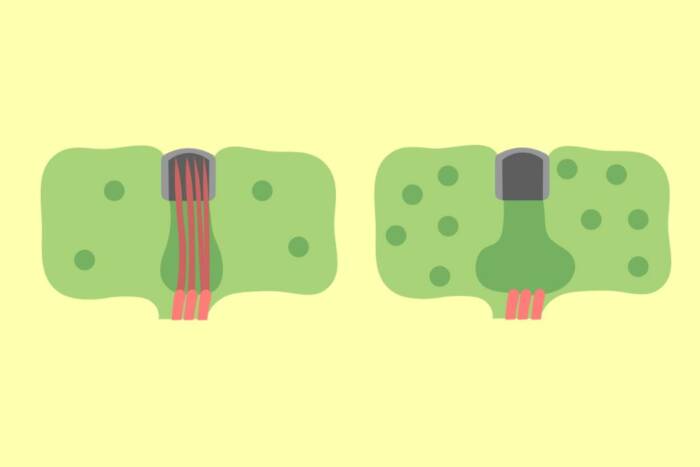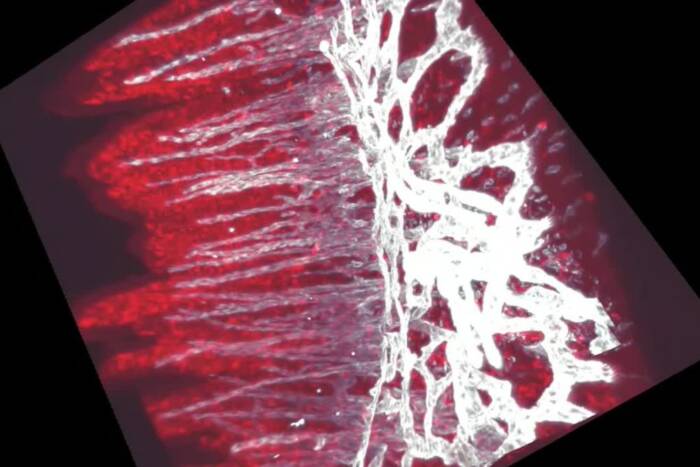Robert G. Roeder to receive Salk Institute Medal for Research Excellence
Robert G. Roeder, head of the Laboratory of Biochemistry and Molecular Biology, will receive the Salk Institute’s Medal for Research Excellence for his contributions to the understanding of RNA synthesis in animal cells.
This is only the second time in Salk’s 50-year history that medals have been awarded. The first Salk Institute Medals were awarded in 2006 to Donald Metcalf, an Australian physiologist whose research on cancer has improved disease treatment, and to Paul Farmer, anthropologist, physician, and co-founder of Partners in Health.
Roeder, who is the Arnold and Mabel Beckman Professor, investigates a biological process called transcription, a crucial activity occurring at all times in every one of the billions of cells that make up the human body. Since 1969, when he made his initial groundbreaking discovery of the three protein machines responsible for “reading” human genes, Roeder has gone on to elucidate the incredibly complex manner in which this vital process is orchestrated.
In the late 1970s, Roeder developed cell-free systems that allowed him and others to study the function of individual genes and transcription-related proteins outside of living cells, in effect recreating transcription in a test tube in a way that faithfully mimics the real process in cells. More recently, Roeder and his colleagues have begun to apply what they have learned in a test tube to the study of living cells.
Roeder received his Ph.D. in biochemistry in 1969 from the University of Washington, Seattle, where he worked with William Rutter. He did postdoctoral work with Donald D. Brown at the Carnegie Institution of Washington from 1969 to 1971. He was a member of the faculty at the Washington University School of Medicine in St. Louis from 1971 until 1982, when he joined Rockefeller. In 1985 he was named Arnold and Mabel Beckman Professor.
In addition to the Salk Medal, Roeder has received the 2003 Albert Lasker Basic Medical Research Award, the 2002 ASBMB-Merck Award, the 2000 Gairdner Foundation International Award, the 1999 Louisa Gross Horwitz Prize and the 1999 General Motors Cancer Research Foundation’s Alfred P. Sloan Prize. He is a member of the National Academy of Sciences.
This year’s medals will be awarded on October 29 as the concluding event of a Salk/Nature/Fondation IPSEN Symposium on Biological Complexity at the Salk Institute. The Institute’s medals were designed by the artist, fashion designer and businesswoman Paloma Picasso, best known for her dramatic jewelry designs. She is the youngest daughter of Pablo Picasso and painter and writer Francoise Gilot, who later married Jonas Salk. Gilot is expected to attend the medals event, which is to be held one day after what would have been Institute founder Jonas Salk’s 96th birthday.
The Salk Institute also will give the Public Service Medal to Irwin M. Jacobs, a renowned engineer, entrepreneur and philanthropist.


